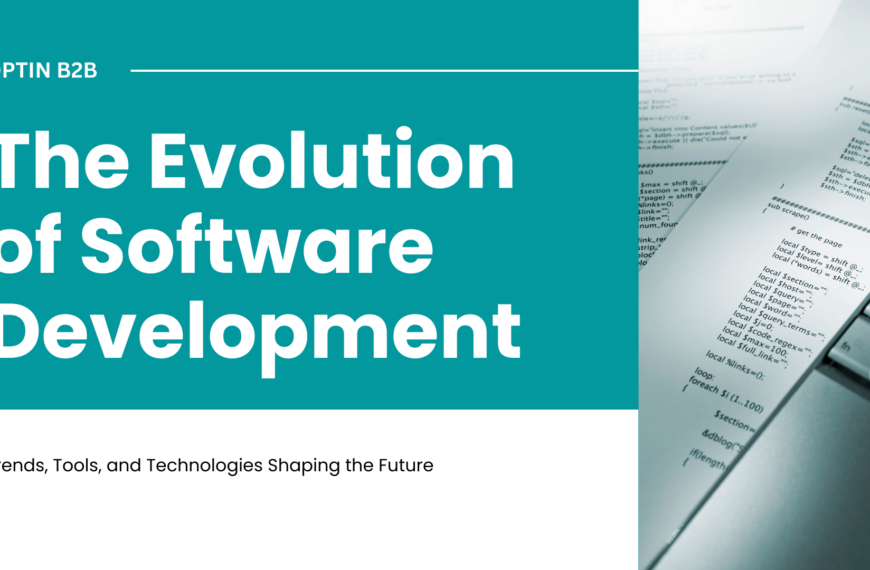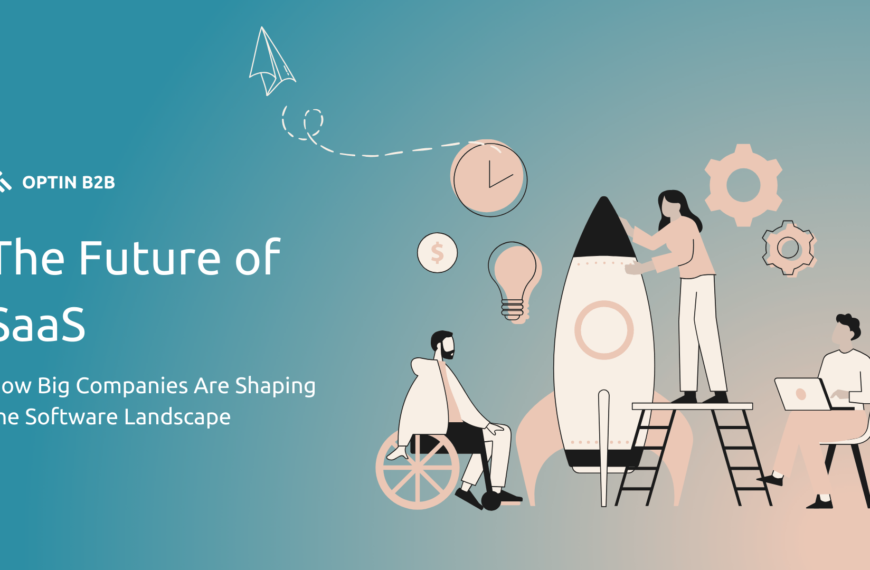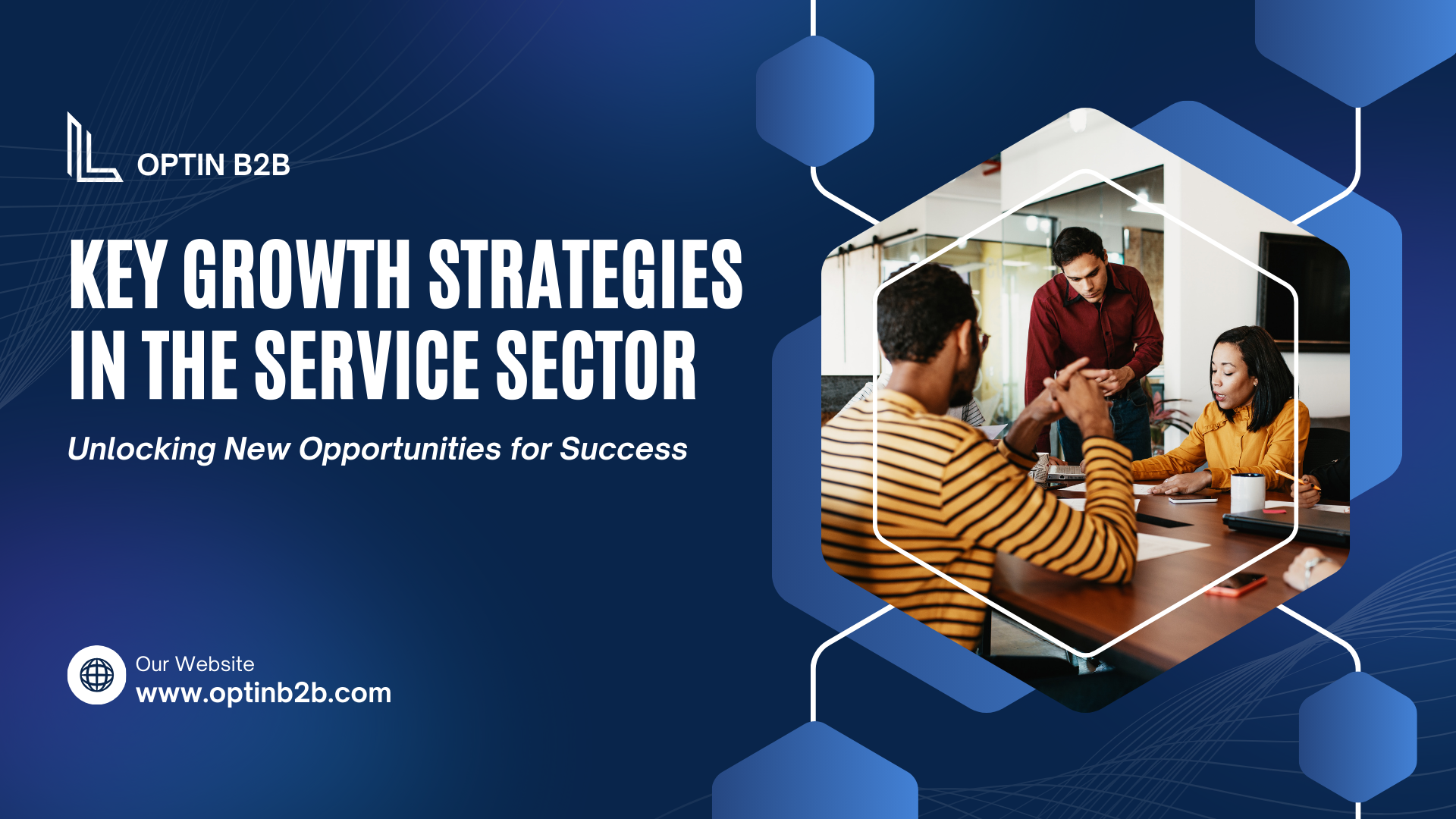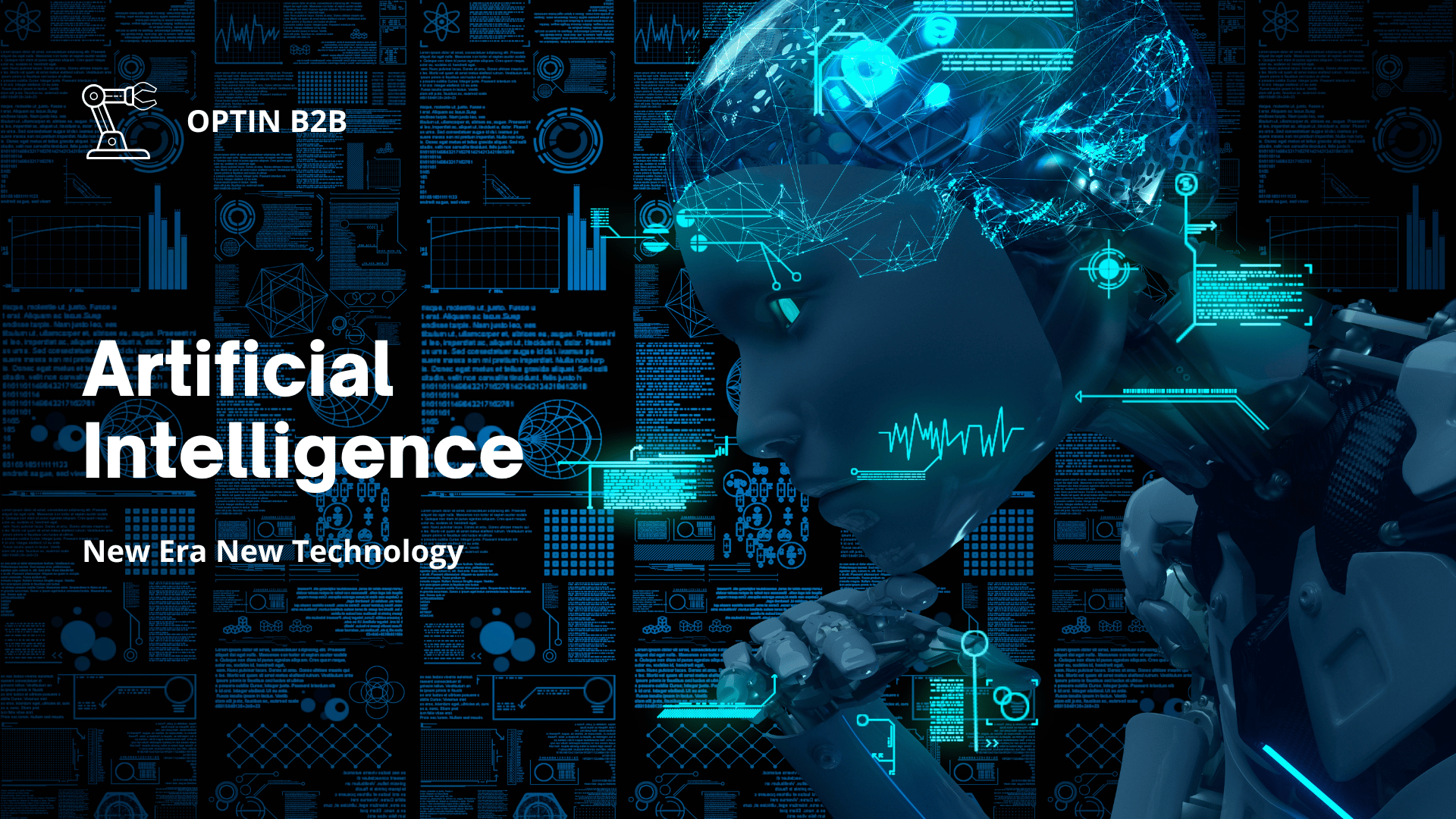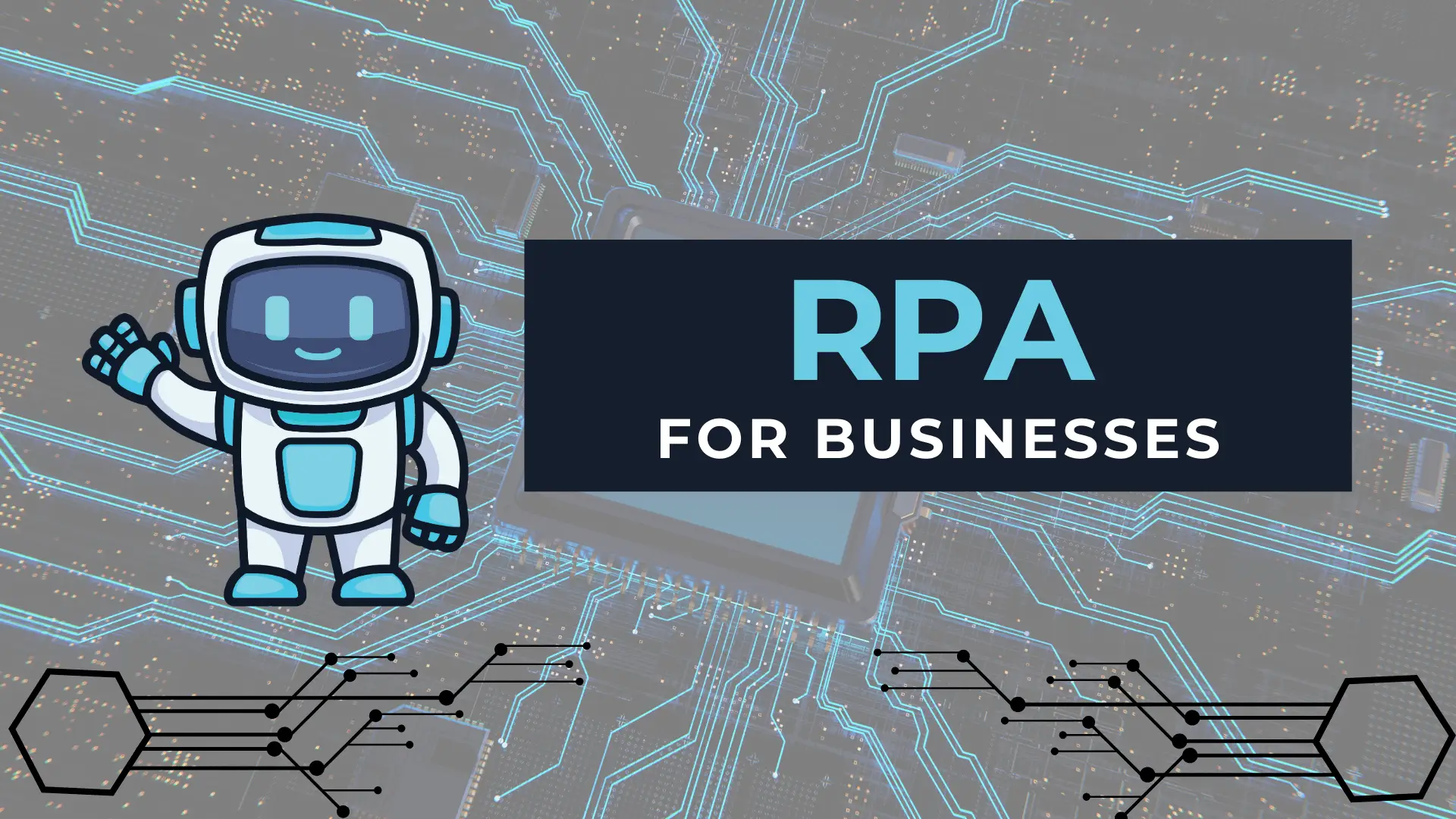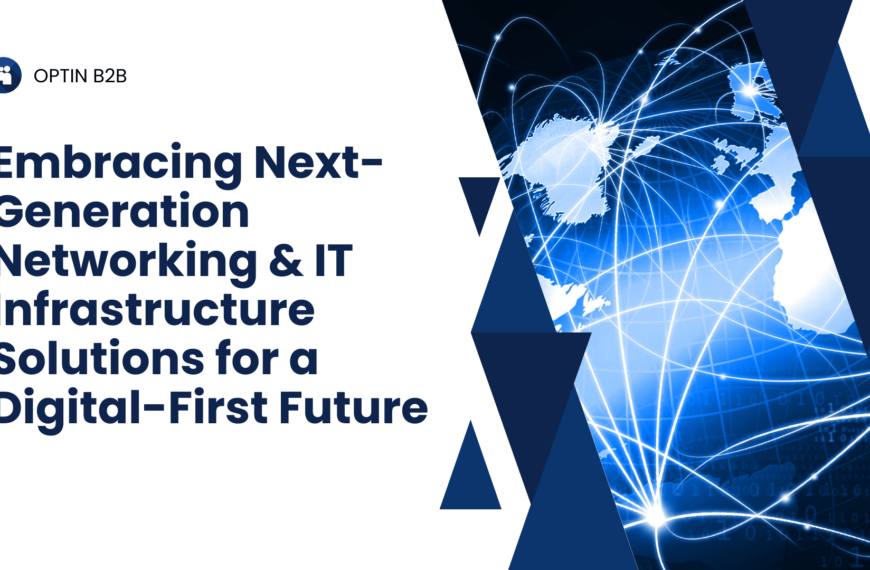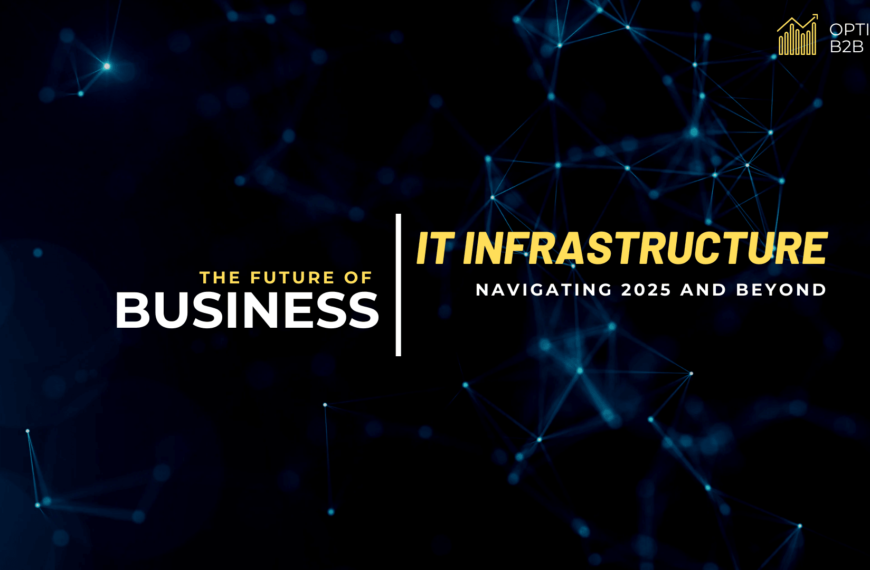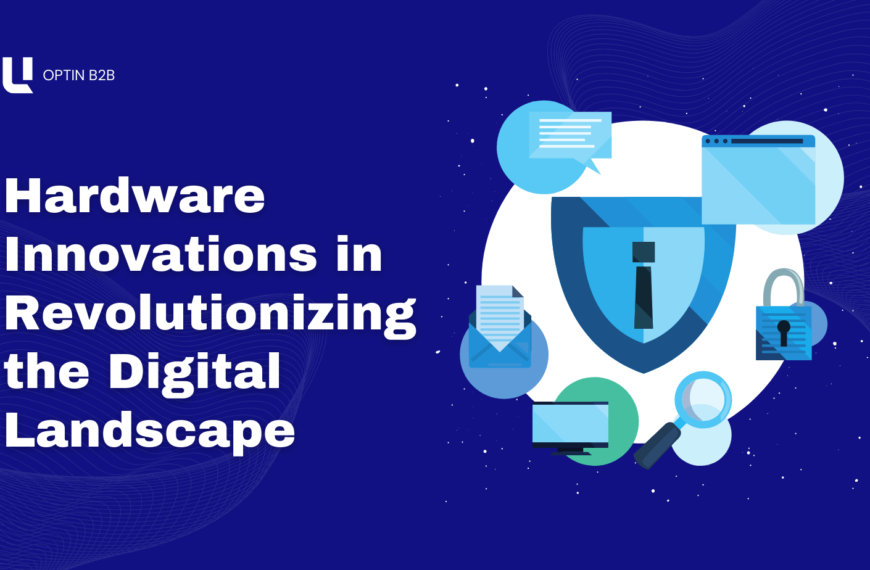Blockchain technology, often described as a distributed ledger, is at the forefront of a digital revolution. By enabling secure, transparent, and immutable transactions, blockchain is transforming industries ranging from finance to supply chain management.
At its core, blockchain operates as a decentralized network where every transaction is recorded across multiple nodes. This decentralization ensures that no single entity controls the data, reducing risks of fraud and tampering. Companies like IBM and Hyperledger have spearheaded initiatives to bring blockchain’s potential to enterprise applications, particularly in streamlining complex operations.
In the financial sector, blockchain is reshaping traditional processes. Cryptocurrencies like Bitcoin and Ethereum are challenging the dominance of fiat currencies, offering faster, borderless, and cost-efficient transactions. Beyond currencies, blockchain underpins decentralized finance (DeFi), enabling peer-to-peer lending and automated asset trading through smart contracts. Platforms like Chainlink have emerged as pivotal in connecting blockchain applications with real-world data.
The supply chain industry is another domain where blockchain is making a significant impact. By providing end-to-end visibility, blockchain ensures product authenticity and ethical sourcing. For instance, Walmart uses blockchain to trace food supply chains, reducing the time needed to track items from days to seconds, ensuring safety and accountability.
Blockchain’s influence extends to healthcare, where secure patient data sharing and drug traceability are critical. Companies like Medicalchain leverage blockchain to protect sensitive information while enhancing collaboration between providers and patients.
Despite its promise, blockchain faces challenges such as scalability, energy consumption, and regulatory ambiguity. Projects like Polkadot and Cardano are working to address these issues, introducing energy-efficient and interoperable blockchain models.
As blockchain technology matures, its applications are expanding, disrupting traditional systems and fostering innovation. From securing financial transactions to ensuring data integrity, blockchain is not just a technology—it is the foundation for a more transparent and equitable digital future.




